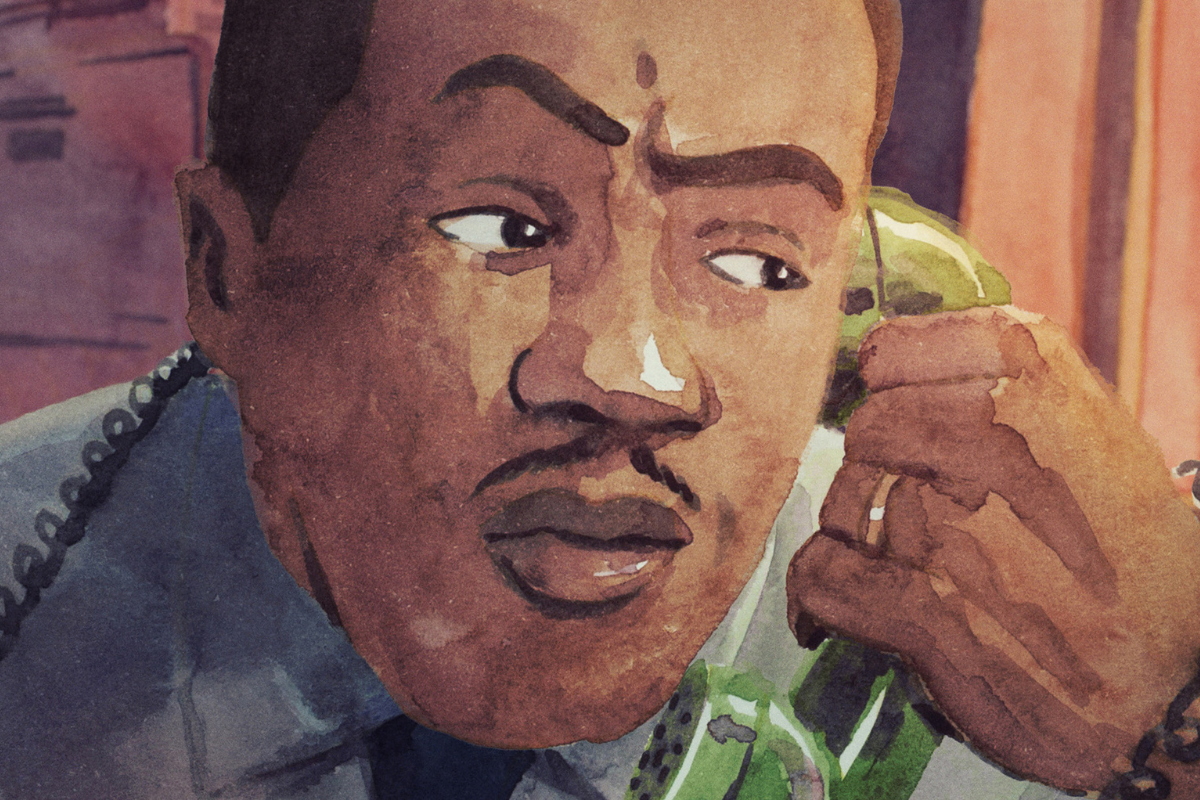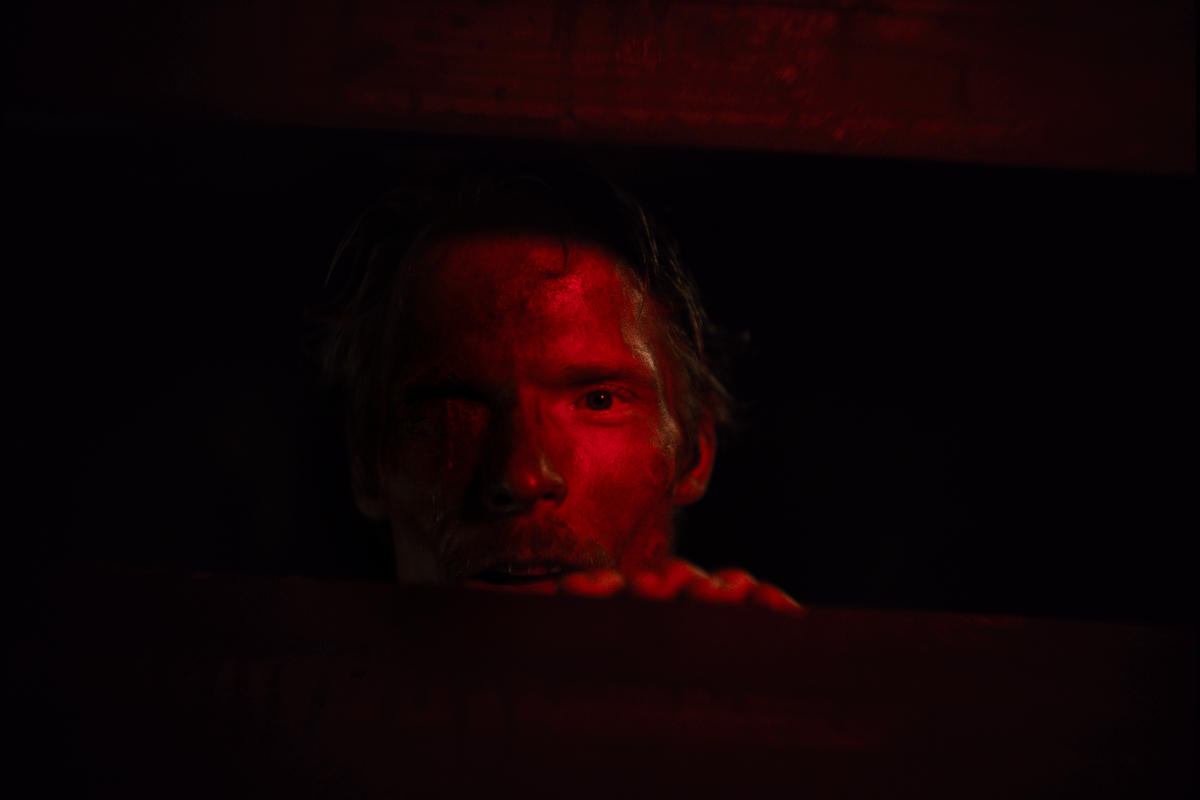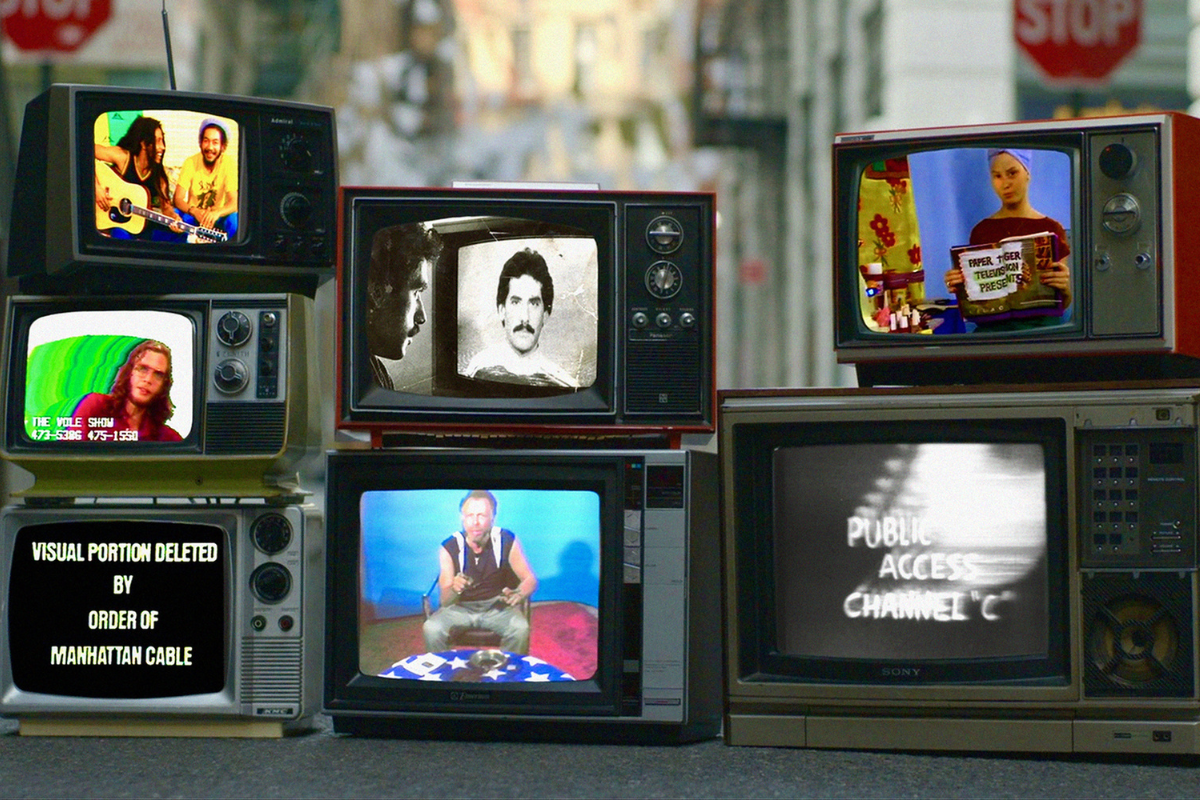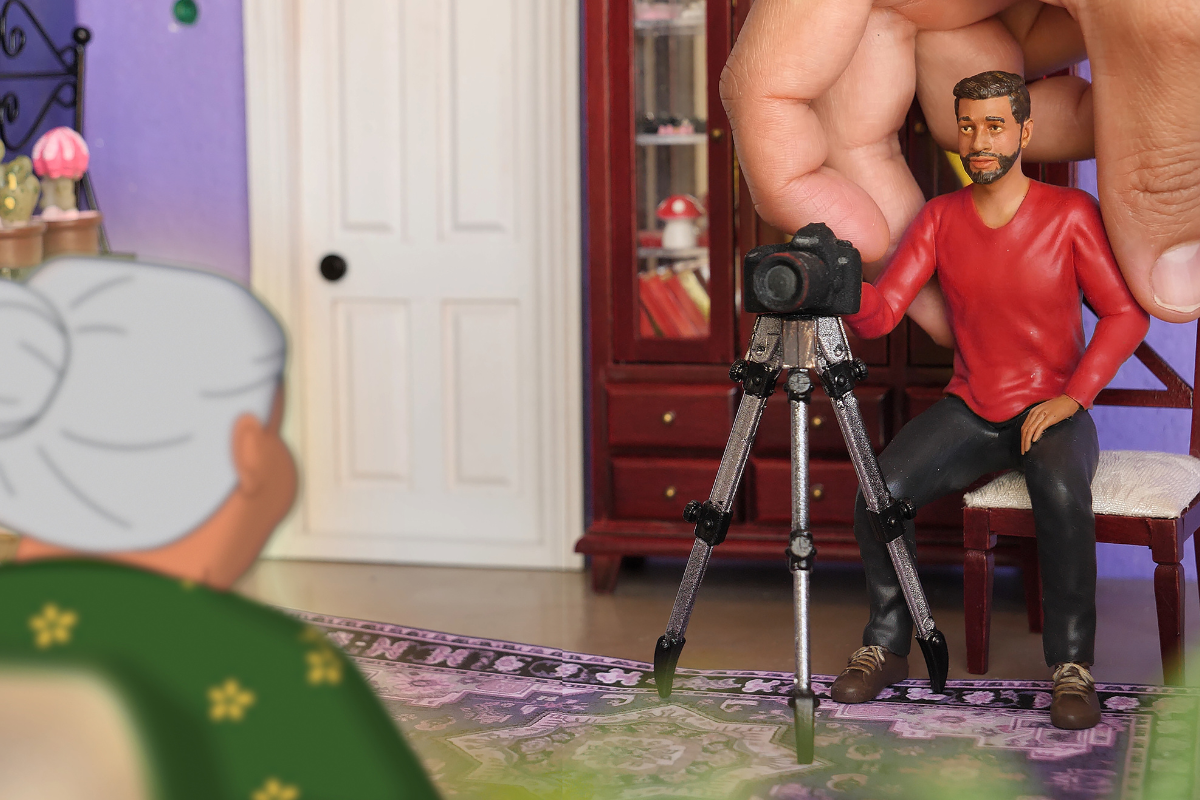Highlights from the 2025 New York Film Festival
Behind the Scenes Writing of ‘After the Hunt’ and ‘Anemone’
After the Hunt
The opening night film of the 63rd annual New York Film Festival, After the Hunt, centers on a philosophy professor (Julia Roberts) whose life is thrown into chaos after her protégée (Ayo Edebiri) accuses her longtime colleague and friend (Andrew Garfield) of sexual assault.
In attendance at the press conference cast members Julia Roberts, Andrew Garfield, Eyo Edebiri, and Michael Stuhlbarg discussed their flawed and often unsympathetic characters, navigating a world of academia, power plays, and relationships.
“Am I a provocateur? No, I don’t think so. Do I like to make the audience feel what they’re seeing? Yes, I do very much.” – Luca Guadagnino, director
Indeed, After the Hunt is a thought-provoking film with layered characters who make unsympathetic choices and hide their truths.
Director Luca Guadagnino and writer Nora Garrett discuss the script
Garrett: “My first construction going into writing was not thinking about how many potential buttons to push simultaneously. The genesis of the screenplay really started with the character of Alma, played by Julia Roberts. And I was really interested in her internal struggle; this idea of becoming a very outwardly successful person, becoming someone who was looking for power chasing power, but had this sort of internal compartmentalization based on a certain amount of shame from childhood or from a place when you had a certain amount of plausible deniability about the person you were and the person you would become. So the story kind of grew around that."
Guadagnino discussed how they worked together on the project. “One of the great pleasures of my life is to work with writers that are brilliant like Nora, and this was quite a brisk process. I read the script, we met, we said, ‘Let's do it.’ I think when you get a script that is so good and so strong, the duty is to make sure that embodiment is reflected in the script, because we had the privilege of working discussions. We wanted to make sure that every character could become the perfect character for each way, and to get their input into each as well."
Setting the story at Yale
Garrett: “I did set it at Yale. Truthfully, I was writing this on spec without an agent or a manager. So I kind of thought that would never pass any legal process were this to get made. I am a very visual writer. I had been to Yale's campus a couple of times. I have family members who went to Yale. But something that really interested me about Yale as an institution is that it's in New Haven. And so it's sort of this castle on a hill in an area that doesn't have the same access to the affluence and power that Yale holds within its walls. There is this very clear stark difference between a powerful institution that comes from a lot of old money and a city that has a lot of economic turmoil surrounding it.”
Guadagnino: “I like to deal with archetypes and to deal with the great American landscape and of course the Ivy League world is so important to America, but also to us as Europeans. It reflects on us a lot. So the idea of telling a story that happened at Yale gives a sense of universality to it and an infrastructure that is so cinematic and as you (Nora) said the idea that Yale is a world within a world of New Haven. You see the different layers of this society clashing. We really shot this in London completely.”
Anemone
An emotionally charged family drama – directed by first-time feature director Ronan Day-Lewis and co-written with his three-time Oscar-winning father actor Daniel Day-Lewis – Anemone centers on lives undone by seemingly irreconcilable legacies of political and personal violence on a path toward familial redemption.
At the press conference, Ronan Day-Lewis, Daniel Day-Lewis and actor Sean Bean discussed the writing process, the archetypes of brotherhood, and the use of silence in the film.
Ronan Day-Lewis: “I have two brothers and I think that there's this sort of beauty and tragedy to brotherhood; that kind of volatility where things can go from love and volatility in a matter of seconds. I was really fascinated with and we (gesturing to his father) were really interested in the sense of silence and just how siblings can have this almost telepathic communication with each other and how many different silences can exist between brothers, between siblings.”
The writing process
Ronan Day-Lewis: “We started kind of intuitively. We didn't start with an outline or anything; it was very different from past scripts that I've worked on. It was almost like walking into the dark with a flashlight. We had the sense of there being this man who's living in a state of self-exile and living in this remote environment and his brother turning up after 20 years of no contact. But beyond that, we didn't really know the circumstances of their pasts and their lives. Their connection started to reveal themselves over time.
There was a lot of improvisation that went into it where my dad would actually speak as the characters and especially Ray. I sort of felt him kind of slipping into that character really early on in the process which was remarkable.”
Discussing why the script took several years to write Daniel Day-Lewis stated: “It took a long time because we only ever wrote when we were in the same room together. So we never tried to do it remotely at any point. Things would occur to us independently and then we would chat on the phone and come together but Ronan's schedule was pretty busy after college so we just decided that was the way we wanted to do it and I think it worked best for us.”
Ronan Day-Lewis and Daniel Day-Lewis agreed that having that time to reflect and develop the characters in this way also allowed the opportunity to have a shorthand on set and in the monologues, dialogue and silences.
The New York Film Festival runs until October 13th.
Susan Kouguell, award-winning screenwriter and filmmaker, is a senior contributing editor for Script Magazine, and teaches screenwriting at SUNY College at Purchase. Author of Savvy Characters Sell Screenplays!. Susan’s consulting company Su-City Pictures East, LLC, works with filmmakers worldwide. Follow Susan on Facebook and Instagram @slkfilms.







